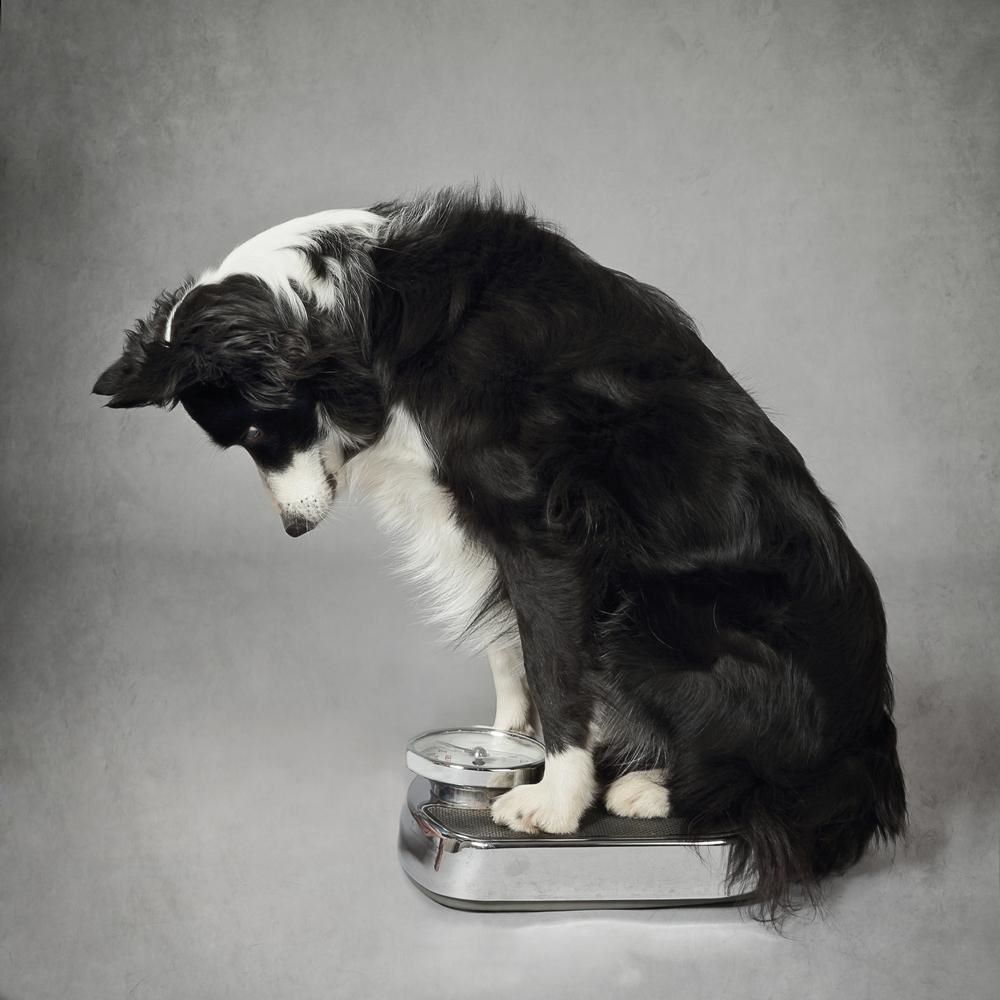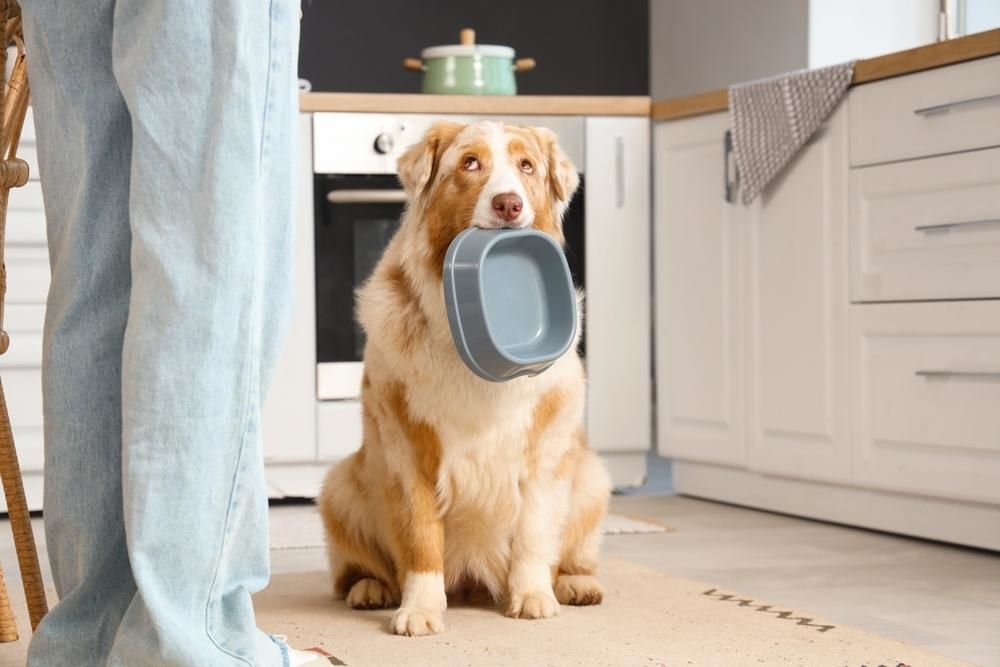
-
Find the right food for your petTake this quiz to see which food may be the best for your furry friend.Find the right food for your petTake this quiz to see which food may be the best for your furry friend.Featured products
 Adult Large Breed Chicken & Barley Recipe Dog Food
Adult Large Breed Chicken & Barley Recipe Dog FoodSupports healthy joints, lean muscle, and beautiful coat for large breed dogs
Shop Now Adult Chicken & Barley Recipe Dog Food
Adult Chicken & Barley Recipe Dog FoodSupports lean muscle and beautiful coat for adult dogs
Shop Now Hill's Science Diet Adult Chicken & Beef Entrée Dog Food
Hill's Science Diet Adult Chicken & Beef Entrée Dog FoodChicken & Beef Entrée in a delicious loaf with complete & balanced nutrition to help keep adult dogs active and healthy
Shop NowFeatured products Adult 7+ Indoor Chicken Recipe Cat Food
Adult 7+ Indoor Chicken Recipe Cat FoodSupports energy level and beautiful fur in mature indoor cats
Shop Now Adult Turkey & Liver Entrée Cat Food
Adult Turkey & Liver Entrée Cat FoodPrecisely balanced nutrition with the delicious taste of minced turkey & liver to help fuel the energy needs of cats during the prime of their life
Shop Now Senior Vitality Adult 7+ Tuna & Vegetables Stew
Senior Vitality Adult 7+ Tuna & Vegetables StewImproves Everyday Ability to Get Up & Go
Shop Now -
Dog
- Dog Tips & Articles
-
Health Category
- Weight
- Food & Environmental Sensitivities
- Urinary
- Digestive
- Joint
- Kidney
-
Life Stage
- Puppy Nutrition
- Adult Nutrition
- Senior Nutrition
Cat- Cat Tips & Articles
-
Health Category
- Weight
- Skin & Food Sensitivities
- Urinary
- Digestive
- Kidney
-
Life Stage
- Kitten Nutrition
- Adult Nutrition
Featured articles How to Properly Mix Wet & Dry Pet Foods
How to Properly Mix Wet & Dry Pet FoodsAn Orange cat eating from a bowl filled with mixed food
Read More What Is Littermate Syndrome? Pet Adoption Guide
What Is Littermate Syndrome? Pet Adoption GuideLearn more about littermate syndrome in dogs and cats and how to successfully navigate adoption and early socialization processes.
Read More The Science Behind Our Love for Pets
The Science Behind Our Love for PetsLearn the scientific reasons why we have such strong connections with our pets, and what science says about the love between humans and our furry friends.
Read More -


An estimated 1 in 3 pet parents don't recognize their pet's weight issue. Excess weight can lead to various health issues, such as canine arthritis, heart disease, respiratory problems, certain cancers and diabetes in dogs. Overweight and obesity can also negatively impact your dog's quality of life, making dog weight control a critical part of caring for your canine companion.
Weight management dog food is a helpful tool for many pet parents who want to manage or prevent obesity. Here's what you need to know.


Tasty Tips
How Much Should Your Dog Weigh?
Before starting a weight management program, know your dog's goal weight, which is unique to their breed, size, activity level and other factors. Your veterinarian can evaluate your dog's body condition and calculate the number of calories they should eat per day to reach or maintain this weight.

What Causes Weight Gain in Dogs?
Research shows obesity affects over half of dogs in the U.S. Some dogs are fortunate to never experience weight problems due to high activity levels or metabolism. Other dogs live sedentary lifestyles or have conditions that make it challenging to exercise (e.g., arthritis). Certain breeds are also more prone to weight gain.
In addition, while spaying or neutering your dog is recommended to avoid overpopulation, diseases and behaviors associated with intact dogs, these procedures can predispose dogs to weight gain. Overfeeding, of course, can also cause dogs to gain excess weight.
Breeds at Risk
Dog breeds at higher risk of obesity include but aren't limited to:
Pugs
Beagles
Labrador retrievers
Golden retrievers
English springer spaniels
Border terriers
How Does Weight Management Dog Food Work?
Weight management dog food helps keep your dog at a healthy weight to prevent obesity and associated health and wellness concerns. Here's how it works.
Supports Metabolism
Think of your dog's metabolism as an engine that burns calories for fuel. Weight management food contains ingredients that help rev that engine, encouraging your dog to burn more calories even while at rest.
Encourages Satiety
The best weight management dog food formulas include high-fiber ingredients to help your dog feel full and satisfied longer, reducing begging and foraging behaviors.
Helps Minimize Fat Storage
These formulas include ingredients like L-carnitine, which helps your dog's body metabolize fat and use it for energy.
Maintains Balanced Nutrition
Over time, simply feeding your dog less of their regular food can lead to malnourishment. Pets need the appropriate amount of nutrients to thrive. Weight management foods reduce calories while maintaining a complete and healthy balance of micro- and macro-nutrients to ensure your dog gets the nutrition they need.


"Think of your dog's metabolism as an engine that burns calories for fuel. Weight management food contains ingredients that help rev that engine, encouraging your dog to burn more calories even while at rest."

Weight Maintenance Feeding Guidelines
When determining how much to feed your dog, your vet is your best resource. Based on the food, they can provide a recommended daily amount in both cups and grams.
Weigh the Food
Even a couple extra kibbles per day can derail your dog's weight maintenance goals, especially in small dogs. For the best accuracy, weigh the food on a kitchen gram scale.
Offer Treats Thoughtfully
Your dog's daily caloric requirement includes dog food and treats. Treats shouldn't make up more than 10% of their daily calories.
Consider Your Dog's Needs
Adult dogs who are overweight or predisposed to weight gain are typically good candidates for weight management formulas. However, puppies and dogs with certain health conditions may not be good candidates.
Always consult your vet before switching to a weight management dog food. Ask them for their recommendation on the best formula for your pup.
Transition Slowly
Introducing a new dog food too quickly can upset your dog's stomach, resulting in vomiting, loose stool or appetite loss. Avoid this by gradually transitioning your dog's food over several days.
Tips for Lifelong Health
The muscular system helps drive metabolism. So, ensuring your dog gets enough daily exercise to help build muscle and burn calories is critical to weight management. Keep your annual vet appointments to stay ahead of weight gain, proactively manage health conditions, get advice on nutrition and exercise and do your part to keep your dog healthy.
Maintain Healthy Weight, Help Prevent Obesity
Obesity is easy to prevent in most dogs with proactive weight management. Talk to your vet to see if a weight management food is right for your dog. Ultimately, you can support your pup's lifelong health by feeding them the right amount of complete and balanced dog food, providing daily exercise and maintaining regular veterinary care.


Dr. Sarah Wooten graduated from UC Davis School of Veterinary Medicine in 2002. A member of the American Society of Veterinary Journalists, Dr. Wooten divides her professional time between small animal practice in Greeley, Colorado, public speaking on associate issues, leadership, and client communication, and writing. She enjoys camping with her family, skiing, SCUBA, and participating in triathlons.
Related products

Supports healthy joints, lean muscle, and beautiful coat for large breed dogs

Supports lean muscle and beautiful coat for adult dogs

Chicken & Beef Entrée in a delicious loaf with complete & balanced nutrition to help keep adult dogs active and healthy

Chicken & Barley Entrée in a delicious loaf with great taste and precisely balanced nutrition to support 5 essential building blocks for lifelong health
Related articles

Your dog's coat and skin are a big part of your dog's overall health. Ensure you keep your dog's coat healthy, by following these simple tips.

Learn how to help keep your dog's immune system in tip-top shape, including nutritional immune system support for dogs and other strategies.

Discover how the field of dog science is giving us more and more insights into the inner workings of our furry best friends.

Wondering where can I buy a dog? Consider adoption and explore the pros and cons of adopting a dog from a breeder versus an animal shelter.

Put your dog on a diet without them knowing
Our low calorie formula helps you control your dog's weight. It's packed with high-quality protein for building lean muscles, and made with purposeful ingredients for a flavorful, nutritious meal. Clinically proven antioxidants, Vitamin C+E, help promote a healthy immune system.
Put your dog on a diet without them knowing
Our low calorie formula helps you control your dog's weight. It's packed with high-quality protein for building lean muscles, and made with purposeful ingredients for a flavorful, nutritious meal. Clinically proven antioxidants, Vitamin C+E, help promote a healthy immune system.

